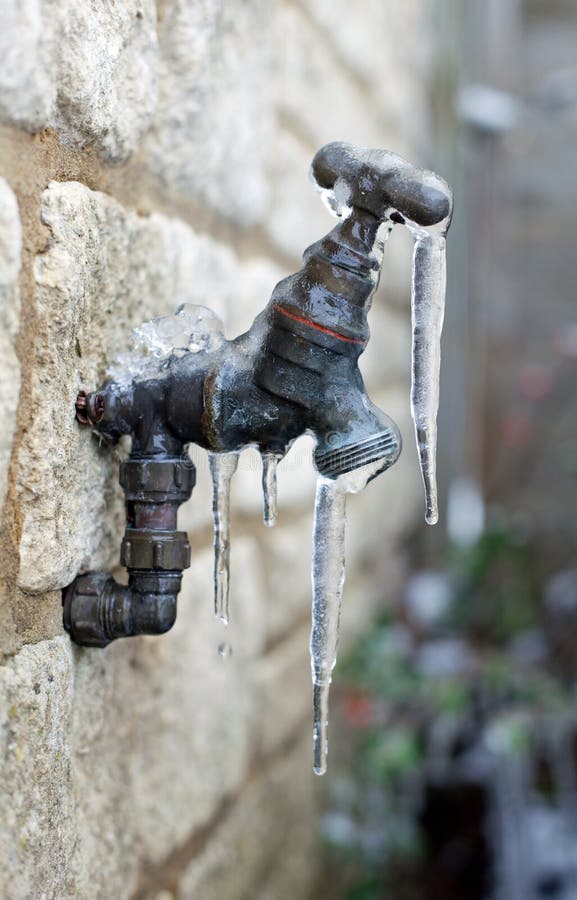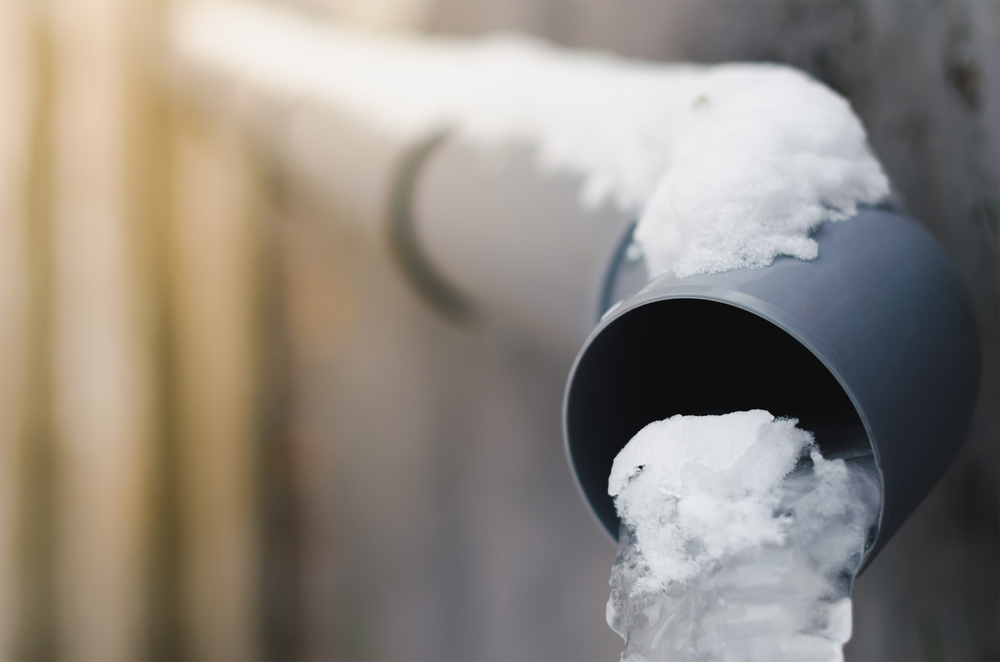Important Advice to Avoid Frozen Plumbing in Cold Weather: Professional Insights
Important Advice to Avoid Frozen Plumbing in Cold Weather: Professional Insights
Blog Article
The content below in relation to Winter Plumbing Precautions: Preventing Frozen Pipes is incredibly informative. Don't miss it.

Winter can ruin your pipes, especially by freezing pipelines. Below's exactly how to prevent it from occurring and what to do if it does.
Intro
As temperatures drop, the threat of icy pipelines increases, possibly leading to expensive repair services and water damages. Understanding how to avoid icy pipelines is essential for house owners in cool environments.
Prevention Tips
Insulating vulnerable pipes
Cover pipes in insulation sleeves or make use of warm tape to safeguard them from freezing temperature levels. Focus on pipelines in unheated or outside locations of the home.
Heating techniques
Keep interior areas properly warmed, particularly locations with plumbing. Open closet doors to enable warm air to distribute around pipes under sinks.
Just how to recognize frozen pipes
Try to find decreased water circulation from taps, uncommon odors or sounds from pipelines, and noticeable frost on revealed pipelines.
Long-Term Solutions
Structural changes
Take into consideration rerouting pipes away from outside wall surfaces or unheated areas. Add additional insulation to attics, basements, and crawl spaces.
Updating insulation
Purchase top quality insulation for pipelines, attic rooms, and wall surfaces. Appropriate insulation helps preserve consistent temperature levels and lowers the danger of frozen pipelines.
Safeguarding Outside Plumbing
Yard tubes and outdoor faucets
Separate and drain pipes yard tubes before wintertime. Set up frost-proof spigots or cover exterior faucets with shielded caps.
Comprehending Frozen Pipes
What creates pipes to freeze?
Pipelines freeze when revealed to temperature levels below 32 ° F (0 ° C) for expanded periods. As water inside the pipes freezes, it expands, taxing the pipe walls and potentially triggering them to break.
Threats and damages
Frozen pipelines can result in water system interruptions, home damages, and expensive repair services. Burst pipes can flooding homes and cause considerable architectural damages.
Indications of Frozen Pipes
Determining frozen pipelines early can prevent them from bursting.
What to Do If Your Pipes Freeze
Immediate activities to take
If you think icy pipelines, maintain faucets available to ease pressure as the ice melts. Make use of a hairdryer or towels soaked in warm water to thaw pipelines slowly.
Conclusion
Stopping icy pipelines calls for aggressive actions and fast feedbacks. By comprehending the reasons, signs, and preventive measures, property owners can safeguard their plumbing throughout winter.
Helpful Tips to Prevent Frozen Pipes this Winter
UNDERSTANDING THE BASICS: WHY PIPES FREEZE AND WHY IT’S A PROBLEM
Water freezing inside pipes is common during the winter months, but understanding why pipes freeze, and the potential problems it can cause is crucial in preventing such incidents. This section will delve into the basics of why pipes freeze and the associated problems that may arise.
THE SCIENCE BEHIND FROZEN PIPES
When water reaches freezing temperatures, it undergoes a physical transformation and solidifies into ice. This expansion of water as it freezes is the primary reason pipes can burst. As the water inside the pipe freezes, it expands, creating immense pressure on the walls. If the pressure becomes too great, the pipe can crack or rupture, leading to leaks and water damage.
FACTORS THAT CONTRIBUTE TO PIPE FREEZING
Low Temperatures: Extremely cold weather, especially below freezing, increases the risk of pipes freezing. Uninsulated or Poorly Insulated Pipes: Pipes located in unheated areas, such as basements, crawl spaces, or attics, are more prone to freezing. Insufficient insulation or lack of insulation altogether exacerbates the problem. Exterior Wall Exposure: Pipes running along exterior walls are susceptible to freezing as they encounter colder temperatures outside. Lack of Heating or Temperature Regulation: Inadequate heating or inconsistent temperature control in your home can contribute to frozen pipes. PROBLEMS CAUSED BY FROZEN PIPES
- Pipe Bursting: As mentioned earlier, the expansion of water as it freezes can cause pipes to burst, resulting in significant water damage.
- Water Damage: When pipes burst, it can lead to flooding and water damage to your property, including walls, ceilings, flooring, and personal belongings.
- Structural Damage: Prolonged exposure to water from burst pipes can compromise the structural integrity of your home, leading to costly repairs.
- Mold and Mildew Growth: Excess moisture from water damage can create a favorable environment for mold and mildew growth, posing health risks to occupants.
- Disrupted Water Supply: Frozen pipes can also result in a complete or partial loss of water supply until the issue is resolved.
WHY CERTAIN PIPES ARE MORE PRONE TO FREEZING
- Location: Pipes located in unheated or poorly insulated areas, such as basements, crawl spaces, attics, or exterior walls, are at higher risk of freezing.
- Exterior Pipes: Outdoor pipes, such as those used for irrigation or exposed plumbing, are particularly vulnerable to freezing as they are directly exposed to the elements.
- Supply Lines: Pipes that carry water from the main water supply into your home, including the main water line, are critical to protect as freezing in these lines can affect your entire plumbing system.
- Underground Pipes: Pipes buried underground, such as those connected to sprinkler systems or outdoor faucets, can be susceptible to freezing if not properly insulated.
https://busybusy.com/blog/helpful-tips-to-prevent-frozen-pipes-this-winter/

I was introduced to that article about How to Prevent Your Pipes From Freezing from a friend on another blog. Enjoyed reading our piece of writing? Please share it. Let somebody else locate it. We thank you for reading our article about How to prepare your home plumbing for winter weather.
Click Here Report this page